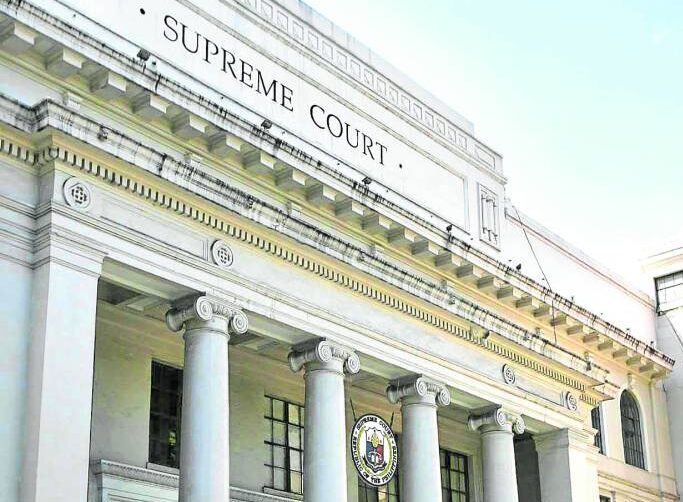SC clears gambling suspects for lack of firsthand proof

The Supreme Court weighed in on the ongoing discourse on illegal gambling after it cleared two individuals in a petty gambling case that raised questions not only on the sufficiency of evidence to convict an accused, but also the government’s policy on gambling as a whole.
In an 11-page decision penned by Associate Justice Amy Lazaro-Javier, the high court’s five-member Second Division cleared petitioners Robert Plan and Mark Enolva who were convicted after being caught playing “cara y cruz” in 2017.
Lazaro-Javier ruled that arresting officers must first witness the accused’s direct or indirect participation to warrant a conviction for illegal gambling. “Any vagueness on the details clouds the offense with reasonable doubt,” she wrote in the ruling on G.R. No. 248583 promulgated on Feb. 3 and made public on Thursday, with the concurrence of the four other members of the division.
Following their arrest in 2017, Plan and Enolva were found guilty the following year for illegal gambling by Metropolitan Trial Court which sentenced them from two to 11 years in prison. A Regional Trial Court (RTC) affirmed the conviction, but modified the penalty to 30 days imprisonment. The Court of Appeals affirmed the RTC ruling in 2019.
In siding with the petitioners, the Supreme Court explained that to successfully prosecute illegal gambling, the arresting officers must not only have seen the suspected bettors place their bets; they must testify with certainty on the details of the entire gambling operation.
Equity of the law
Senior Associate Justice Marvic Leonen concurred with the acquittal, but he also raised the larger question of equity of the law: gambling in government-regulated casinos is allowed, yet individuals who play small street games, like cara y cruz, are arrested.
“The message from this is clear: the State will condone a social menace for so long as profit can be had from it but will not hesitate to punish its citizens if there is none. It is this discomforting thought that guides the resolution of the present case before us,” Leonen said.
“As it is structured, the law targets only the poor, or those who do not have enough resources to play in the government’s casinos. This unequal treatment of offenders on the basis of wealth is a blatant violation of the social justice clause,” he added.

















